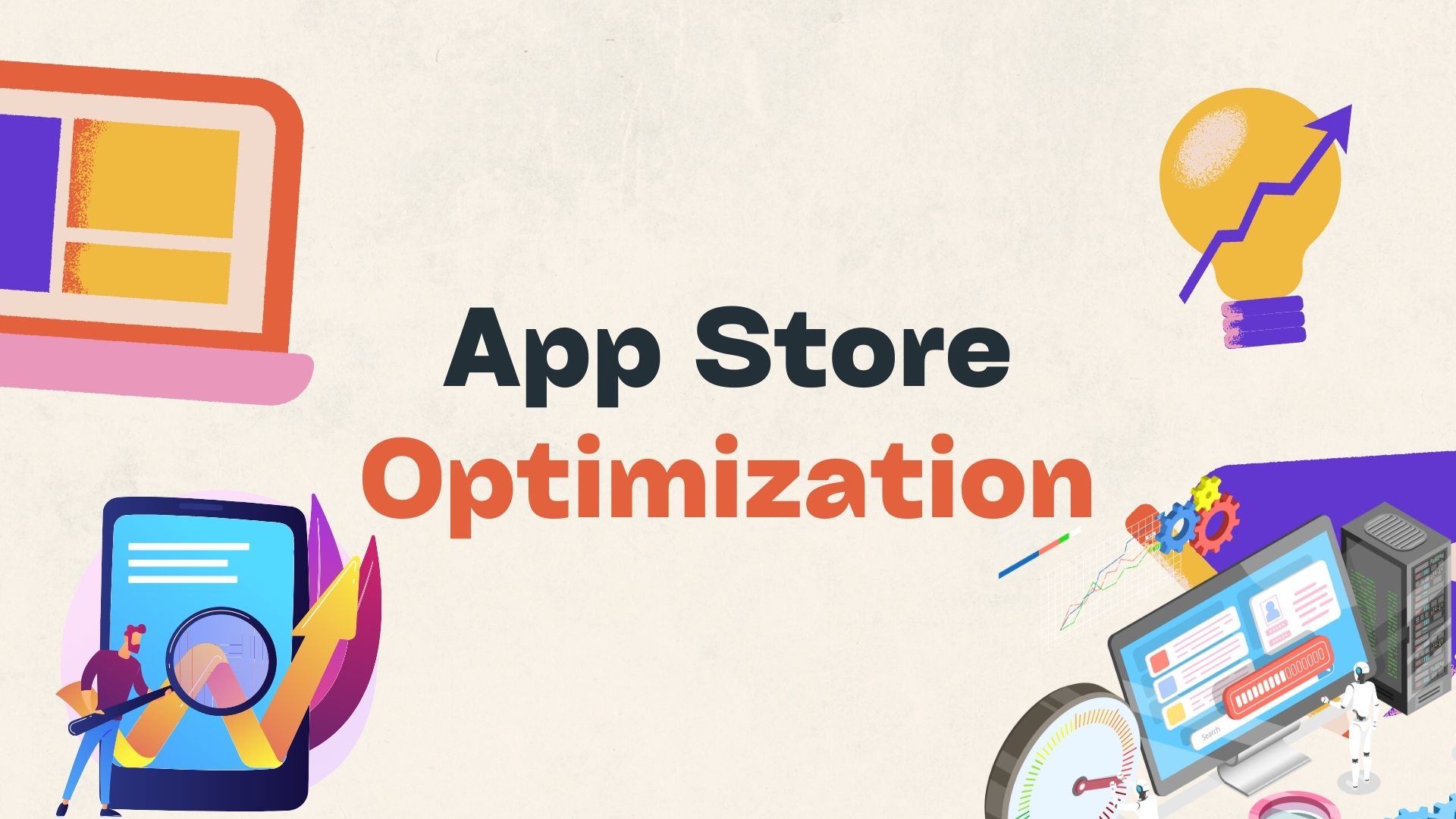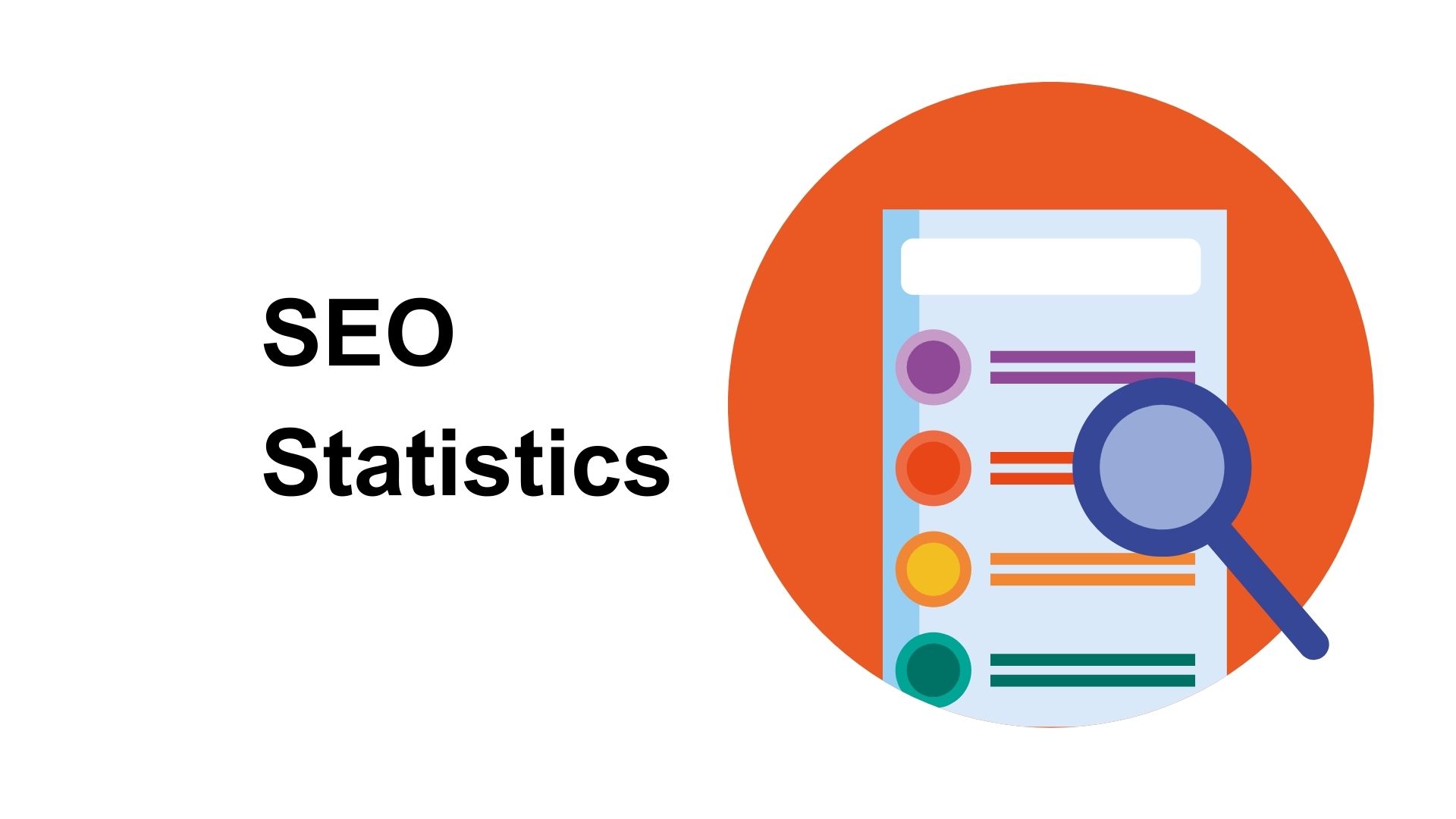Big Data Success: Focus on Customer, not Cost
A recent Sloan Management Review continuation of their studies of successful Big Data practitioners highlights an often-misunderstood strategy of these “best-practice” users. Specifically, Analytical Innovators (as SMR calls them) value reducing costs less than several other foci:
- Gaining customer knowledge
- Accelerating new product development
- Identifying new markets
While the least successful and the average Big Data users focus on reducing costs (and secondarily on improving internal business processes), the most successful Big Data acolytes focus on these three strategies, which together amount to focusing on the customer.
Another way of thinking about Analytical Innovators is that they use Big Data to enable agile marketing – because one of the key tenets of agile marketing, as defined in recent efforts at a manifesto, is data-driven understanding of the customer that drives a quicker and closer mapping of marketing to market needs.
This is not to say these are the only key aspects of the 11 percent of respondents that SMR identified as Analytical Innovators (defined as those who focused on, and were most successful at, innovation and competitive advantage). Many of the others, however, could be thought of as “self-fulfilling prophecies”: getting top management buy-in for the effort, for example, or making Big Data the core of enterprise strategy and effort.
Making Big Data important to everyone (Sun Microsystems founder Scott McNealy’s old idea of “all the wood behind one arrow”) is bound to have a positive impact on the success of a Big Data effort. What is not so obvious, in these times of slow-growing revenues and profit growth fueled by cost cutting, is that the most successful Big Data companies deliberately move their focus away from costs.
Two Keys to Big Data Success
I would suggest, therefore, that businesses try to achieve Big Data success primarily in two ways:
Aim Big Data efforts at better understanding of the customer. As the article says, replace management intuition about customers with data-driven, rapid-response and in-depth customer assessments. Use these assessments to fuel changes to products and solutions, develop new products and target markets.
Specifically commit to agile marketing as an integral part of new product development and as the primary user of Big Data. This affects IT, because agile marketing and agile development when done well are highly complementary. Moreover, if agile marketing uses “in-house customers” as part of the development of a marketing campaign and product marketing effort in parallel with new product development, it expands the buy-in of senior management to both agile development and Big Data. And by the way, agile development now extends into devops and can even be carried out on hardware development.
The rest of the value-add of being an Analytical Innovator should follow naturally from Big Data maturity within a company, as for instance the increasing strategic importance of a CMO (chief marketing officer) and the increasing use of Big Data for real-time decisions (both cited in the article), as well as from following some of the recommendations for moving up to the big leagues that the article provides (e.g., get top management buy-in for Big Data as the core of your strategy).
However, my two recommendations won’t necessarily happen automatically; if they did, more organizations than SMR’s 11 percent would be Analytical Innovators. It takes real understanding and commitment to get those two counterintuitive strategies firmly fixed in everyone’s head.
So, you’d better start now. Because while you’re fine tuning your cost cutting, the next wave of Analytical Innovators will arrive over the next year – enough to cause a major disruption in your markets. Be counterintuitive users of Big Data; or be management intuition left-behinds.
SMR has shown that success is waiting at the end of the Analytical Innovator effort; will failure attend business “cost cutting as usual?”
Wayne Kernochan is the president of Infostructure Associates, an affiliate of Valley View Ventures that aims to identify ways for businesses to leverage information for innovation and competitive advantage. During 22 years as an IT industry analyst, he has focused on analytics, databases, development tools and middleware, and ways to measure their effectiveness, such as TCO, ROI and agility measures. He has worked for firms such as Yankee Group, Aberdeen Group and Illuminata, and has helped craft marketing strategies based on competitive intelligence for vendors ranging from Progress Software to IBM.

Wayne Kernochan has been an IT industry analyst and auther for over 15 years. He has been focusing on the most important information-related technologies as well as ways to measure their effectiveness over that period. He also has extensive research on the SMB, Big Data, BI, databases, development tools and data virtualization solutions. Wayne is a regular speaker at webinars and is a writer for many publications.



